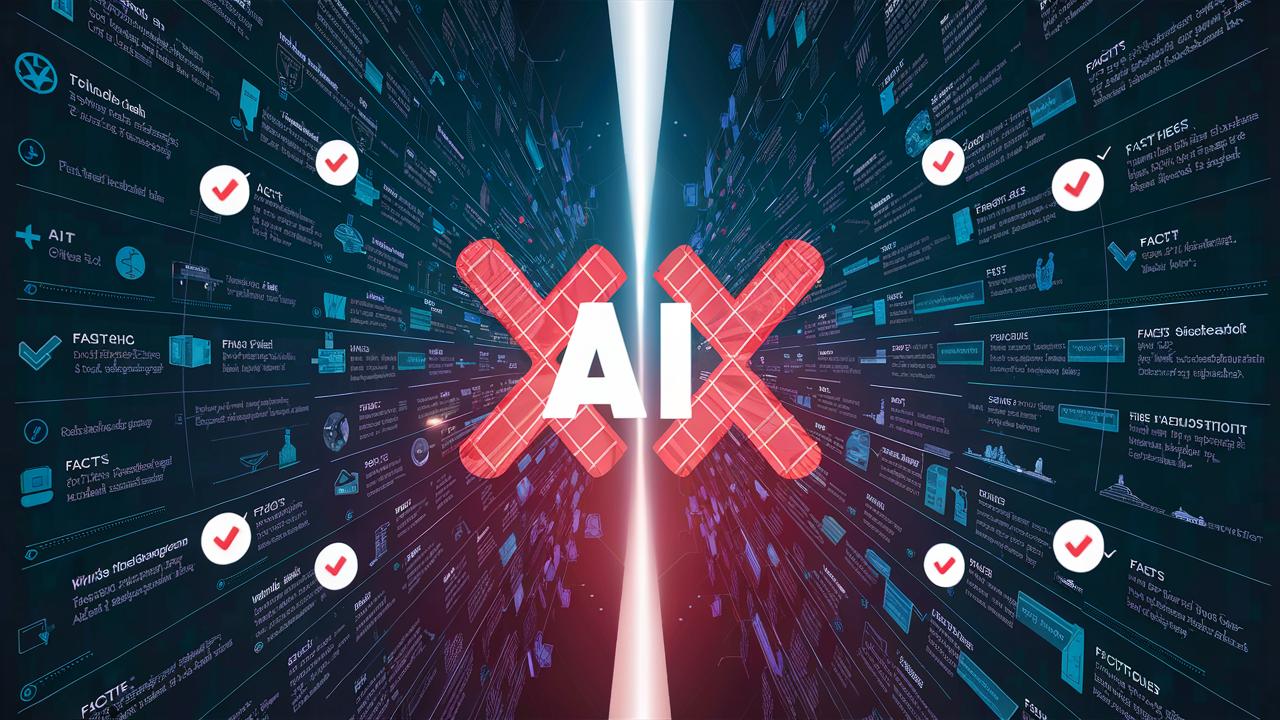June 20, 2024|5 min reading
Demystifying AI in Healthcare: Facts vs Fiction

Artificial intelligence (AI) is becoming an integral part of modern medicine, offering advancements in precision medicine, clinical trials, and real-world evidence generation. This blog explores the transformative impact of AI on healthcare, separating facts from fiction and highlighting its potential to revolutionize patient care.
Precision Medicine: AI's Game-Changing Role
Precision medicine aims to tailor treatments to individual patients based on their unique genetic makeup, lifestyle, and environment. AI significantly enhances this approach by analyzing vast amounts of data, including genomics, proteomics, and radiomics.
Dr. Ignacio Medrano, Founder and Chief Medical Officer of Savana, emphasizes the importance of AI in precision medicine. "For a long time, we’ve been talking about personalized medicine. With AI, we can create niche algorithms that achieve factual, precision medicine," he explains. By integrating AI, healthcare providers can predict patient health trajectories and develop targeted treatment plans.
Enhancing Clinical Trials with AI
AI is revolutionizing clinical trials by improving efficiency and ethical standards. Pharmaceutical companies can utilize AI to design better protocols, identify suitable phenotypes, and manage virtual control arms. These virtual control arms use real-world data from electronic health records and disease registries, reducing the need for traditional control groups.
Dr. Medrano notes, "AI helps with protocol design and virtual control arms, making trials more ethical and cost-effective. This approach encourages regulatory bodies like the FDA to adopt new methodologies."
Real-World Evidence Generation
Real-world evidence (RWE) is crucial for understanding treatment effectiveness outside clinical trials. AI accelerates the collection and analysis of RWE, providing deeper insights into patient outcomes and improving value-based healthcare.
By mining electronic health records, AI can extract valuable information for value-based contracting. "Machines using natural language processing can extract necessary data, making value-based contracts more feasible," says Dr. Medrano.
Addressing Data Fragmentation and Unstructured Data
One of the concerns about AI in healthcare is the potential avalanche of data. However, AI can filter and validate data effectively, ensuring that only relevant information is utilized. Dr. Medrano reassures, "In medicine, we have ways to filter what is valid. The channels doctors use with AI tools will remain the same, ensuring seamless integration."
AI also helps structure unstructured data, such as clinical notes, into useful formats. This capability harmonizes data from various sources, languages, and formats, making it accessible and actionable.
Overcoming Privacy and Regulation Challenges
Data privacy and regulatory concerns have been significant barriers to AI adoption in healthcare. However, attitudes are shifting, and anonymized data for research purposes is increasingly accepted. Dr. Medrano highlights that clear contracts and advanced AI technologies can address fragmentation and interoperability issues.
"GDPR was a problem in the past, but now it’s clear that anonymized data for research can be used without consent. AI can harmonize data from different sources, making it a powerful tool for healthcare innovation," he says.
Conclusion: AI's Bright Future in Medicine
AI's integration into medicine promises a future where predictive models, precision treatments, and efficient clinical trials become the norm. By addressing data challenges and leveraging AI's capabilities, healthcare can achieve unprecedented advancements, ultimately improving patient outcomes and healthcare efficiency.
Join the AI revolution in medicine and witness how it transforms healthcare for the better. Subscribe to our newsletter for more insights on digital health and AI innovations.
Stay updated on the latest in AI and healthcare by subscribing to our newsletter. For more insights, visit our resource center and explore our upcoming events.
Explore more

Elon Musk’s Vision: AI, Mars, and a Future of Abundance
Explore Elon Musk’s predictions on AI, Tesla’s Robotaxi plans, Starship’s Mars mission, and the role of robots in a futu...

Black Forest Labs Launches API for Faster Image Generation with Flux1.1 Pro Model
Black Forest Labs unveils its Flux image generator API, providing developers fast, high-quality image generation options...

WebFill: The Ultimate AI Tool for Form Filling, Surveys, and Data Entry
Explore WebFill, an AI-driven tool for automated form filling, survey completion, and data entry. Discover its powerful ...
